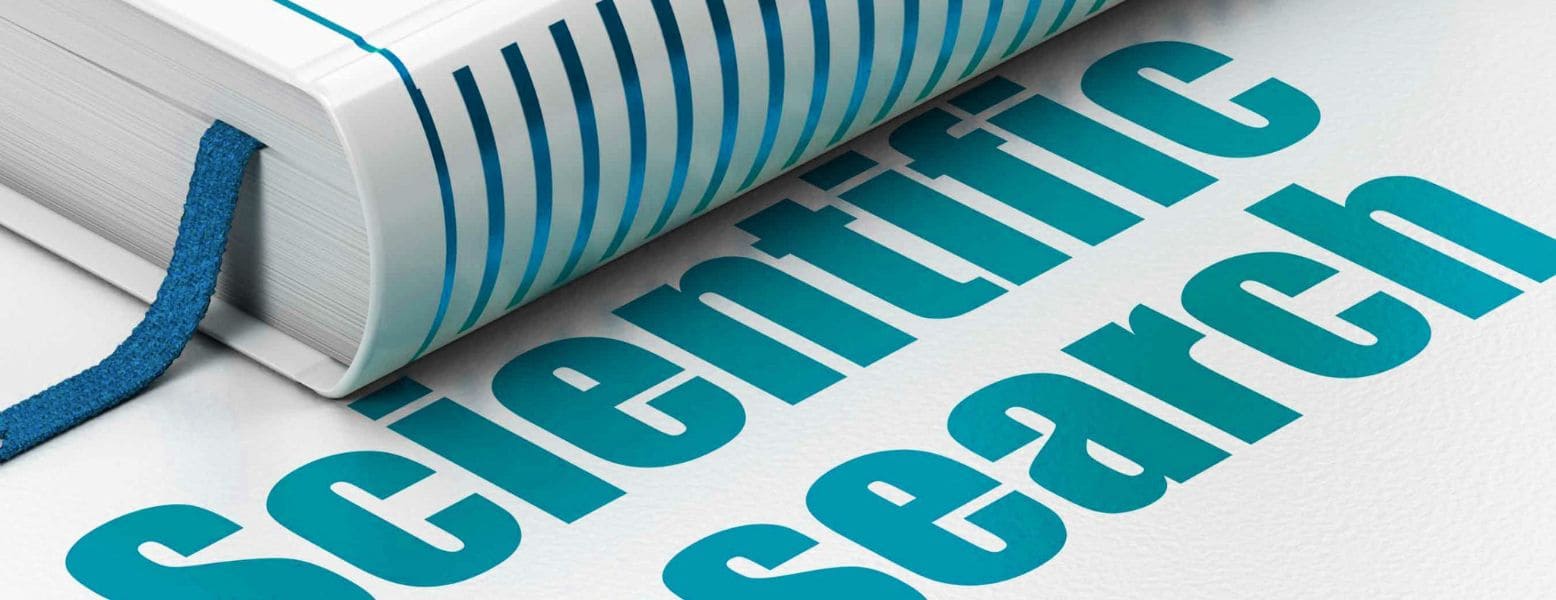


Autors :
Philippe Collery1, Sunali Khanna2,Pascal Grondin3, Guillaume Fichet3 and Didier Desmaële 4
1Society for the Coordination of Therapeutic Researches, 20220 Algajola, France, 2Nair Hospital Dental College, Mumbai, Maharashtra 400008, India, 3Oncodesign Services, 21000 Dijon, France, 4Galien Institute, University of Paris-Saclay, 91190 Orsay, France
Ref :
DOI:10.32371/jtmc/246150
Journal of Transition Metal Complexes, 2023, 246150
Abstract :
Rhenium(I) tricarbonyl complexes inhibited the 3- chymotrypsin-like protease (3CLpro), a cathepsin cysteine protease, which is one of the main proteases of the severe acute respiratory syndrome—coronavirus 2 (SARS-CoV-2 virus), but the antiviral effect was not studied. On the other hand, a rhenium(I)-diselenoether complex (Re-diSe), which is a Re(I)tricarbonyl compound with a diselenide ligand, decreased the production of cysteine proteases B and S in cancer and normal cells at doses that did not affect the viability of the normal cells. Objective. To study the effect of Re-diSe on the viral load of SARS-CoV-2 in infected Calu-3 pulmonary human epithelial cells in culture. Methods. Cells were infected with SARSCoV-2 (European original origin) with one multiplication of infection (MOI 0.01). The viral load was assayed in the supernatant by RT-qPCR after an exposure time of 120 h in cells treated at different doses (1, 5, 10, and 20 μM) and in non-treated cells (controls). In parallel, viability of the cells was assayed with Cell Titer Glo technique. Results. A significant decrease of the viral load was observed at doses of 10 and 20 μM without any cytotoxity. Discussion. Further studies are required to correlate these effects with the activities of host and virus cysteine proteases, but Re-diSe is already a promising drug for the treatment of Covid19.
Keywords:
rhenium (Re); selenium (Se); SARS-CoV-2; viral infection; cathepsins; cysteine proteases
